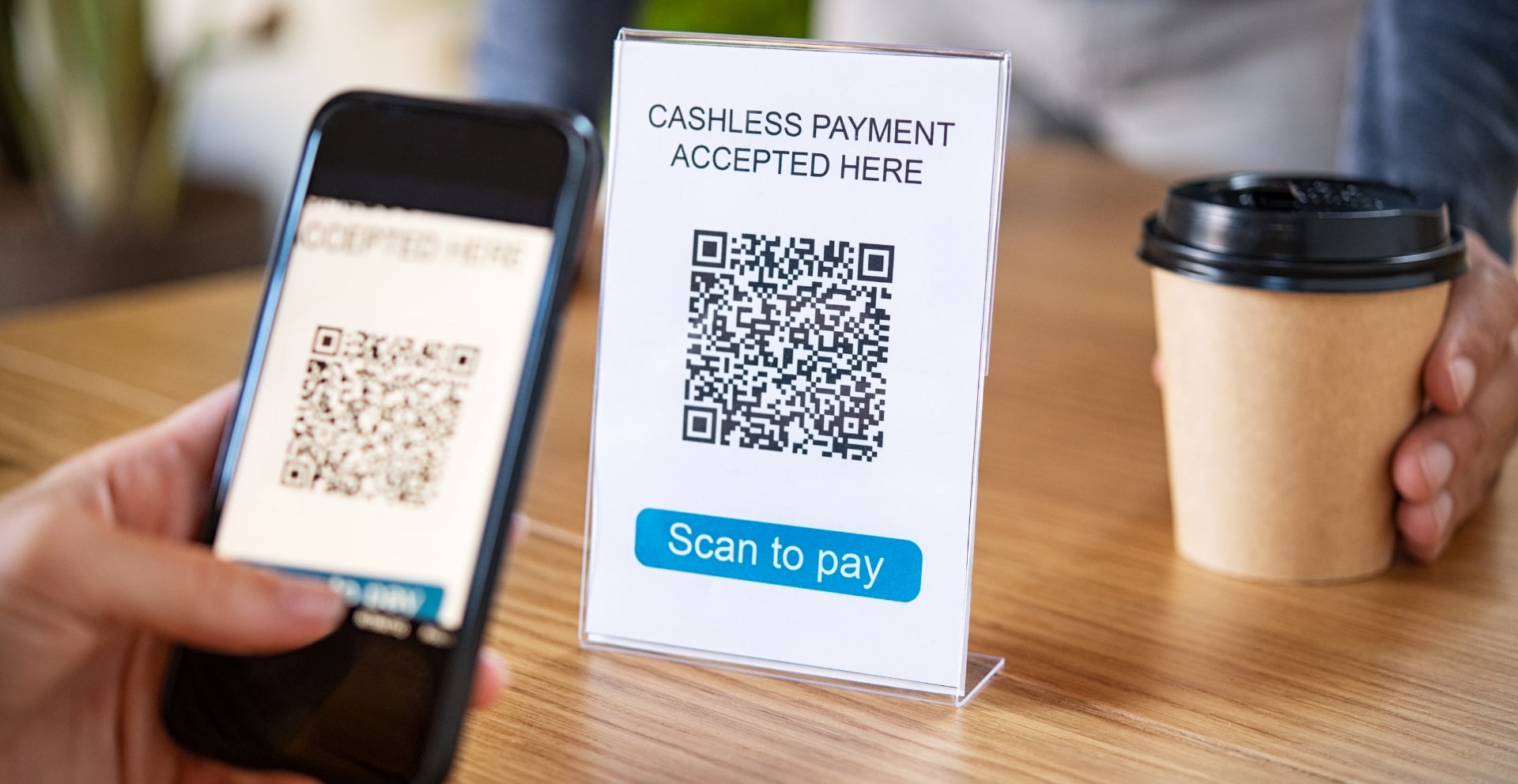(3 Minutes Read)
The banking regulator in a circular dated September 16 said cash withdrawals exceeding SSP10 million shall be either deposited through a bank account, transferred within the banking industry, or through interbank transactions, including mobile money operators.
South Sudan has restricted cash withdrawals by individuals and public and private sector entities in a push to promote cashless transactions and lower the cost of printing currency.
The cash withdrawals will be capped at SSP10 million (US$3,730.58) per day per person, according to the South Sudan Central Bank.
The banking regulator in a circular dated September 16 said cash withdrawals exceeding SSP10 million shall be either deposited through a bank account, transferred within the banking industry, or through interbank transactions, including mobile money operators. The regulator says clients should use alternative authorized channels to conduct their banking transactions thereby fostering the digitalisation of financial services.
The public is encouraged to embrace electronic payment platforms including mobile money, credit, and debit cards which incur low charges on transactions while offering convenience and establishing individual credit history. The regulator said that the Bank of South Sudan (BoSS) recognises the vital role that cash plays in the economy and would therefore ensure an inclusive approach as it implements the transition to a more cashless society.
According to BoSS, commercial banks are expected to make the account opening process more seamless for all customers especially those traditionally excluded by the banking sector to facilitate the shift to the cashless economy. The new policy underscores the importance of digitalization and deployment of related financial technology applications in the South Sudan economy.
Read Also:
https://trendsnafrica.com/south-sudan-extends-period-of-transitional-government-till-february-2027/
Juba is also struggling with a shortage of dollars as a result of declining revenues from oil production, the nation’s chief revenue earner, on depleted wells and military conflict in the neighboring Sudan.
The International Monetary Fund (IMF) says Juba’s risk of debt distress remains high, owing in large part to the high debt service costs, and low levels of foreign exchange reserves and fiscal buffers.





